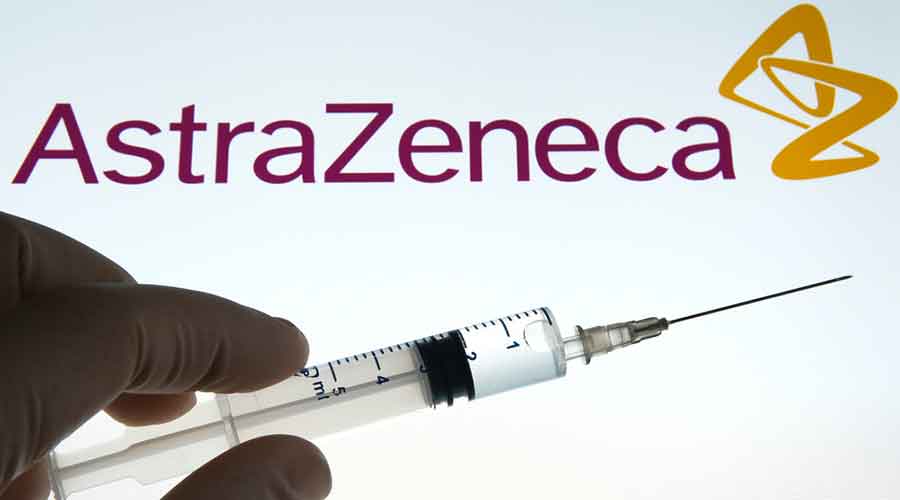The European Union is advancing emergency legislation that will give it broad powers to curb exports for the next six weeks of Covid-19 vaccines manufactured in the bloc, a sharp escalation in its response to supply shortages at home that have created a political maelstrom amid a rising third wave on the continent.
The legislation unveiled on Wednesday includes new rules that will make it harder for pharmaceutical companies producing Covid-19 vaccines in the EU to export them and are likely to disrupt supply to Britain.
The EU has been primarily at loggerheads with AstraZeneca since it drastically cut its supply to the bloc, citing production problems in January, and the company is the main target of the new rules. But the legislation, which could block the export of millions of doses from EU ports, could also affect the Pfizer and Moderna vaccines.
Britain is by far the biggest beneficiary of EU exports and will stand to lose the most by these rules, but they could also be applied to curb exports to other countries like Canada, for example, the second-largest recipient of EU-made vaccines, as well as Israel, which gets doses from the bloc but is very advanced in its vaccination campaign and therefore seen as less needy.
“We are in the crisis of the century. And I’m not ruling out anything for now, because we have to make sure that Europeans are vaccinated as soon as possible,” Ursula von der Leyen, president of the European Commission, said in comments last week that paved the way for the new rules. “Human lives, civil liberties and also the prosperity of our economy are dependent on that, on the speed of vaccination, on moving forward.”
The legislation is unlikely to affect the US, which has so far received fewer than one million doses from EU-based facilities.
The Biden administration has said it has secured enough doses from its three authorised manufacturers — Pfizer-BioNTech, Moderna and Johnson & Johnson — to cover all adults in the country by the end of May. The overwhelming bulk of that supply is coming from plants in the US. The country also exports vaccine components to the EU, which is reluctant to risk any disruption to the supply chain of raw materials.
The EU allowed pharmaceutical companies to fulfill their contracts by authorising them to export more than 40 million vaccine doses to 33 countries between February and mid-March, with 10 million going to Britain and 4.3 million to Canada. The bloc has kept about 70 million at home and distributed them to its 27 member nations, but its efforts to mount mass vaccination campaigns have been set back by a number of missteps.
Exporting liberally overseas when supply at home is thin has been a key part of the problem, and the bloc has come under criticism for permitting exports in the first place, when the US and Britain practically locked up domestic production for domestic use through contracts with pharmaceutical companies.
The outcome has been a troubled vaccine rollout for the world’s richest group of nations. The impact of the failures is being exacerbated by a third wave that is sending health care systems across the continent into emergency mode and ushering in painful new lockdowns.
29m Astra jabs found
Some 29 million doses of AstraZeneca vaccines were found during an inspection at a plant in Italy over the weekend, a French official said on Wednesday, and checks are still needed to assess whether they were export-bound. The discovery may well deepen an EU standoff with AstraZeneca.
New York Times News Service and Reuters











